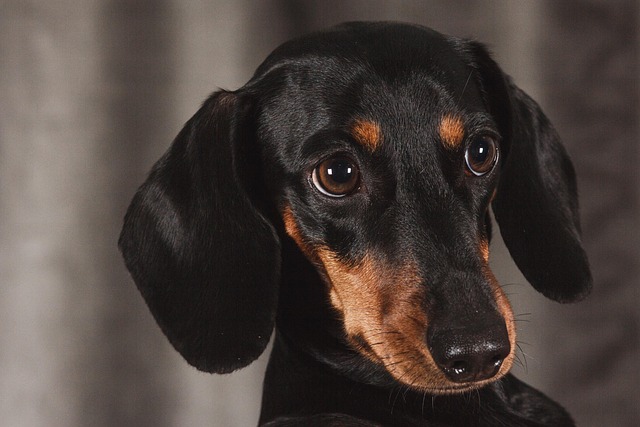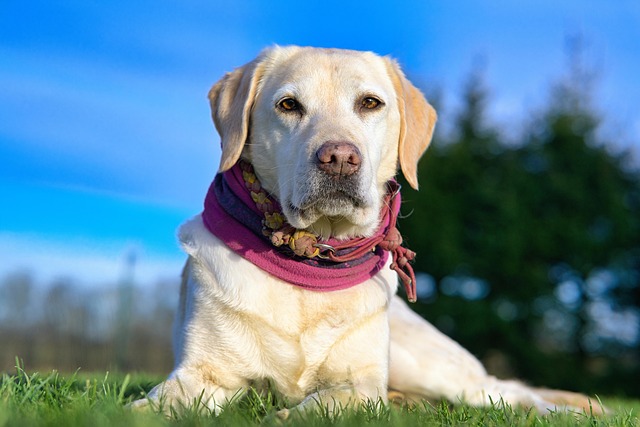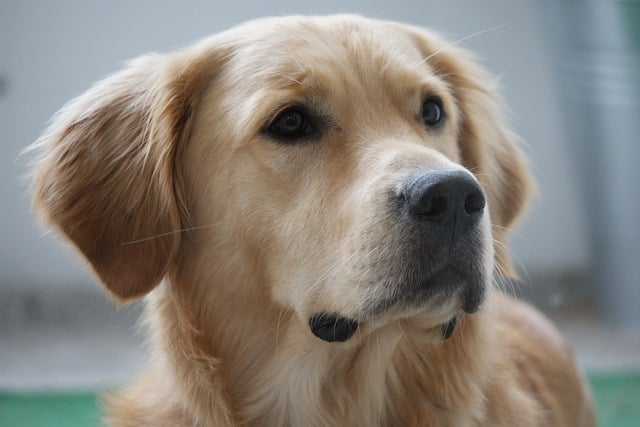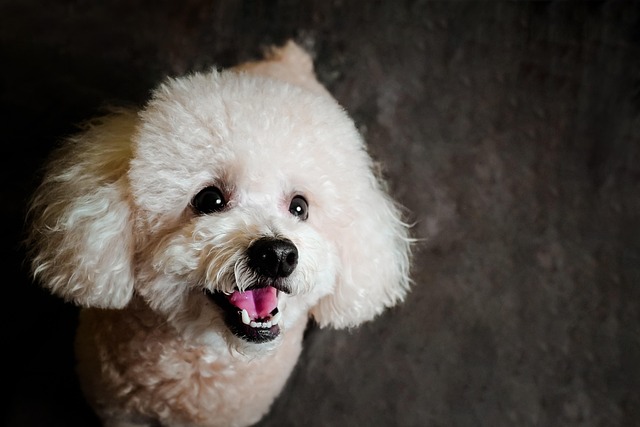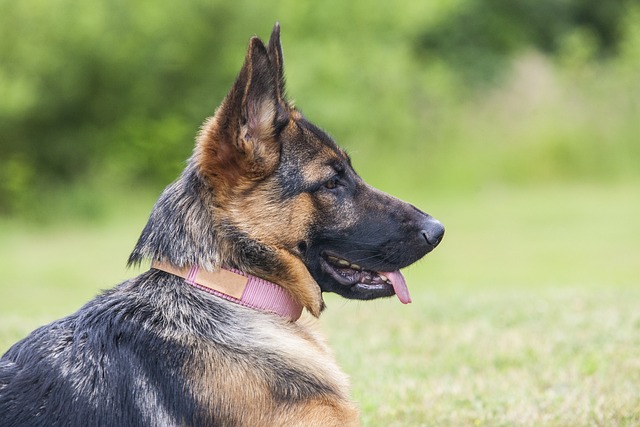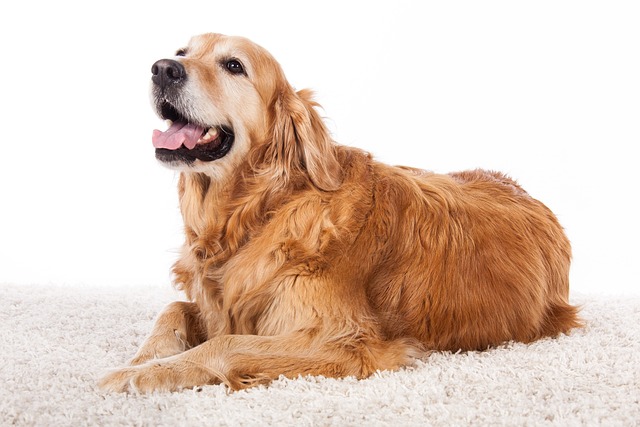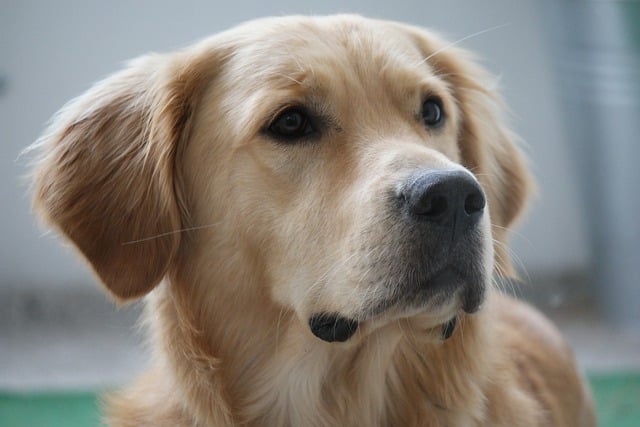So, you've brought home that adorable ball of fluff, and reality hits: when will your puppy finally get where to do their business? Most new owners are surprised to learn there's no single magic week. Generally, expect the foundations of reliable potty training to take anywhere from 3 to 6 months, with smaller breeds often needing a bit longer due to teeny-tiny bladders. Think of it like teaching a toddler – consistency is your absolute best friend, not a strict deadline. Their little bodies are literally still developing; the muscles controlling elimination and the insulating layer around nerves (myelin sheath) needed for full bladder/bowel control mature gradually over these early months.
This is where the science meets the sidewalk. Puppies physically can't "hold it" for long stretches. A rough guideline is they can manage about one hour per month of age, plus one (so a 2-month-old pup maxes out around 3 hours). Catching them at the right moment is crucial. Watch like a hawk for tell-tale signs: sudden sniffing circles, whining, or darting towards the door. That's your golden ticket! Scoop them up calmly (mid-sniff, not mid-stream!) and hustle them straight to their designated potty spot outside. When they succeed, unleash the praise party – enthusiastic "Yes! Good potty!" and high-value treats delivered right there on the spot. This instant positive reinforcement wires their brain to connect the location and action with awesome rewards. Accidents will happen. Never scold or rub their nose in it – that just creates fear and confusion, potentially leading to them hiding to eliminate. Instead, clean accidents thoroughly with an enzyme cleaner (like Nature's Miracle) to erase the scent marker completely, preventing repeat offenses in that spot. Stick religiously to a schedule: first thing in the morning, after every nap, play session, meal, and right before bed. This predictability helps their bodies adjust.
Now, weaving this into American life means respecting the rules. First, ensure your pup’s vaccinations are up-to-date before public outings – rabies vaccination is legally required by around 16 weeks in most states, and parvo is a serious risk in communal grass areas. When you are out and about, always carry biodegradable bags. Scooping poop isn't just neighborly; it's often the law (check your local ordinances!), prevents parasite spread, and keeps shared spaces pleasant. Remember that positive reinforcement isn't just kinder; methods involving yelling, confinement as punishment, or physical corrections are increasingly frowned upon and can damage your bond. Think about your living situation too. Apartment dwellers in cities like Chicago or NYC face extra challenges. Establish a clear indoor "pee pad station" near a balcony door if immediate outdoor access is tough, or commit to frequent, very short trips down the elevator. For those with yards, create a specific, easily accessible "potty zone" (maybe mulched for easy clean-up) away from high-play areas. Respect community etiquette: keep your pup leashed unless in designated off-leash parks, and always yield right-of-way to others on sidewalks. It takes patience and relentless consistency, but celebrating the small wins with treats and praise makes the journey rewarding. Before you know it, those frantic dashes to the door will be replaced by a proud pup sitting patiently by the leash, ready for their potty break success – and cleaner floors for you! Stick with it; that light at the end of the tunnel is worth every enzyme-cleaned accident along the way. Consider puppy kindergarten classes too – they reinforce these skills brilliantly.
